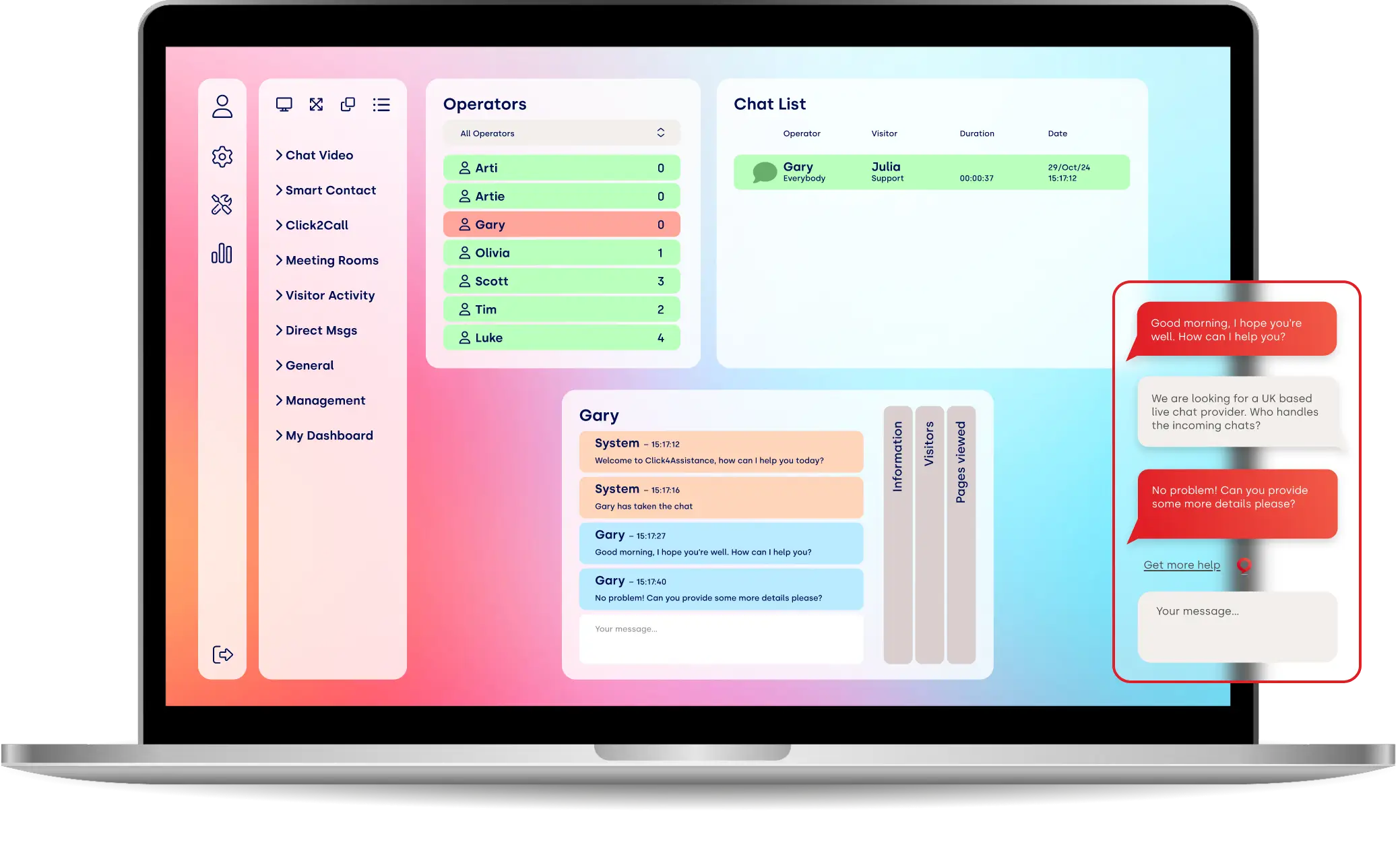Amazon releases an AI chatbot

Amazon is releasing Q, an AI chatbot aimed at helping businesses reap the benefits of web chat for website and the AI productivity revolution, streamlining workflows and leveraging more company data.
Not wanting to miss out on the AI chatbot frenzy, ecommerce and cloud computing brand Amazon is releasing its own bot. The company hopes the move will enable it to penetrate the business productivity market, enabling employers to equip their staff better.
The new tool, called “Q” (no doubt a reference to the god-like character of the same name in Star Trek), will function as a worker assistant. Amazon reports that it will be able to write emails, pitch services to clients, and create passages of text to streamline workflows.
The tool will leverage the same large language model (LLM) technology used by OpenAI’s ChatGPT but with some amendments. Amazon says the new tool includes additional safeguards to protect commercial users against copyright infringement claims.
This move comes after various high-profile lawsuits against ChatGPT, the groundbreaking chatbot that generated the present wave of AI hype after November 2022. Amazon wants to protect companies from artists and other IP owners against claims that bots are ingesting copyrighted information and using it to provide solutions.
Of course, Amazon faces some steep competition in the AI bot space. In March 2023, Google tentatively released its chatbot, Bard, based on its PaLM LLM technology. Then, in early 2024, it released a vastly upgraded version called Gemini, a tool that can plan meetings, sketch emails, create Facebook posts and write ad copy.
Simultaneously, Microsoft is also becoming more heavily investing in the space. It already owns the rights to ChatGPT and numerous market-leading business intelligence tools, such as Power BI. The Silicon Valley behemoth sees developing its business-focused AI system called Copilot as targeting a similar market to Q.
Whether Amazon can win this technological arms race remains a puzzle. While it was an early mover in the home assistant space with Alexa, it has since struggled to introduce game-changing innovations on that platform. Meanwhile, Google and Apple are already moving ahead with more advanced AI-based assistant systems that use LLMs, transformers, and generative AI systems.
To push Q to the business community, Amazon is promoting the tool’s intelligence business operations capabilities. The company says the offering will build on the generic language generation capacities of existing LLMs with a tailored approach designed for operations.
For example, Q will connect directly to companies’ private data and systems. Unlike ChatGPT, companies will be able to leverage the tool for deeper and more contextual insights. The tool, Amazon says, will also reduce the risk of copyright infringements because Q will rely more on learning data already owned by firms.
Unfortunately, Amazon is not allowing system previews. This may be because, like Apple, it is not a leader in the space being currently ranked bottom of Stanford University’s index of the most promising AI players.
As such, the hype around the new system is tepid. Unlike web chat for websites, Amazon has yet to demonstrate what Q can do, making it more challenging for businesses to know whether they can rely on it.

























